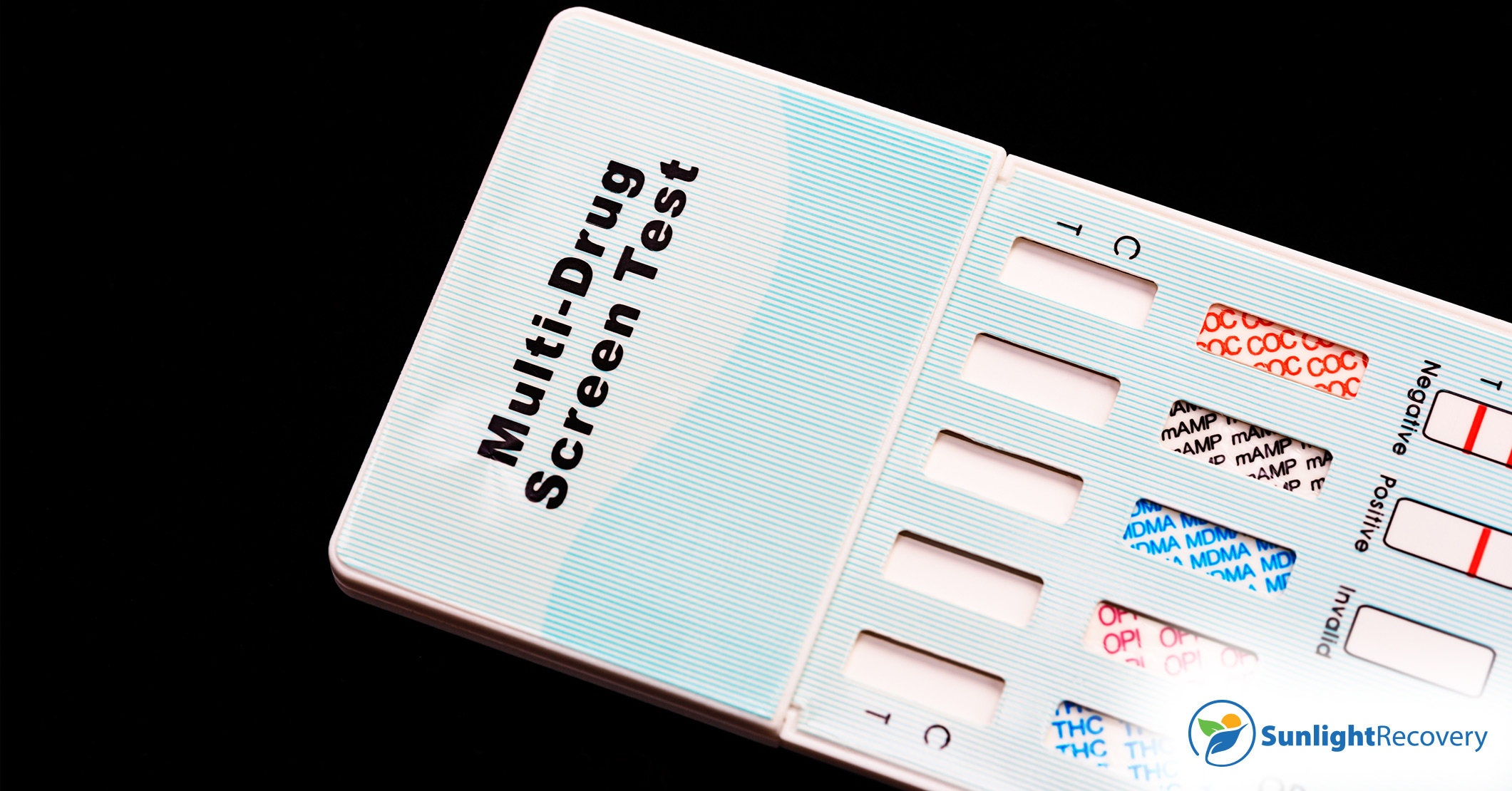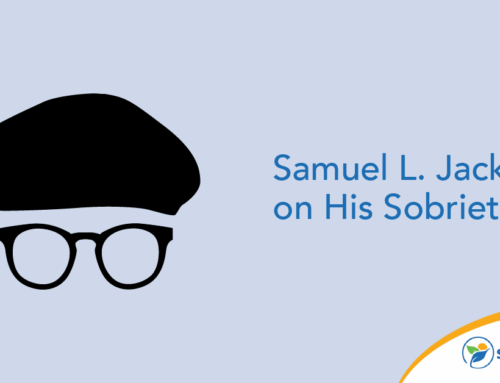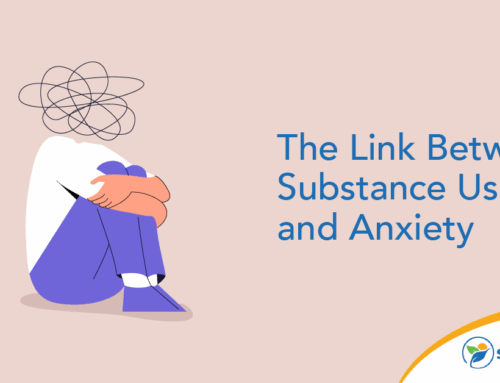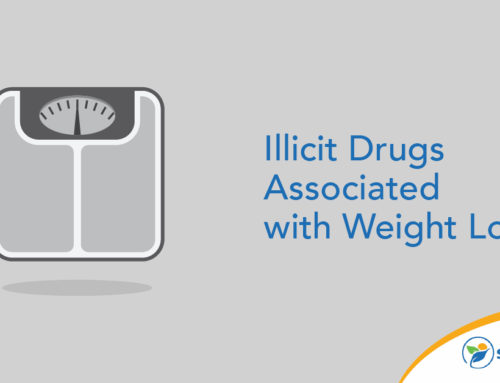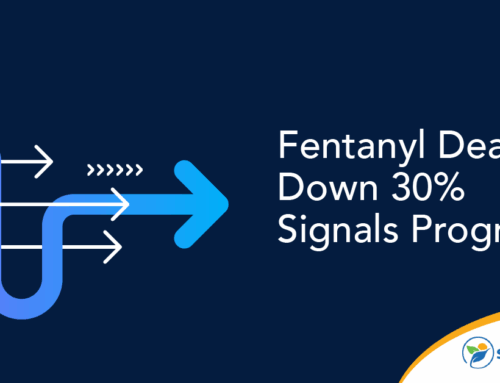Magic mushrooms are difficult to study. While 5.5 million U.S. adults take hallucinogens each year, reactions and effects can be unpredictable. This unpredictability extends to drug testing, making it difficult to detect mushroom use accurately. Does psilocybin show up on a drug test? The answer isn’t a straightforward yes or no.
In this article, we explore the complexities of detecting magic mushrooms on drug tests and the challenges they pose for standard testing methods.
What Are Magic Mushrooms?
Magic mushrooms, scientifically known as psilocybin mushrooms and by their street name, shrooms, are classified as hallucinogens. They contain the psychoactive compounds psilocybin and psilocin. Due to their potent hallucinogenic and euphoric effects, magic mushrooms are classified as a Schedule I substance under the Controlled Substances Act. They have a high potential for abuse and no accepted medical or therapeutic use and are illegal to possess or use.
Does Psilocybin Show Up on a Drug Test?
The most commonly administered drug test in the United States is the five-panel test. This is a urine-sample test that checks for chemical traces of THC (marijuana), cocaine, PCP, amphetamines (meth/speed) and opioids (morphine, heroin, fentanyl). Psilocybin doesn’t appear on this list — in fact, most drug tests don’t account for it. Some industries and government agencies use the more expansive eight-, 10- or 12-panel tests, none of which test for psilocybin.
Standard drug testing protocols are unlikely to detect psilocybin. To spot the drug’s breakdown products, notably psilocin, the test would need to be administered between 5 and 24 hours after the last dose.
Unless a magic mushroom user takes the drug very frequently, it’s unlikely a random drug test will fall within the detection window. Moreover, if the person has taken nothing but magic mushrooms, evidence will only show up on a specialized test — and these tests tend to cost much more than the standard five-panel urinalysis.
The most common tests scan urine, blood, saliva or hair for traces of controlled substances or their breakdown products. Whether a drug shows up in these results depends on a variety of factors, including:
- The type and sensitivity of the test used
- Whether the test specifically looks for this substance
- How much of the substance is present and its concentration
- How much time has passed since the drug was taken
- How much the drug has been used in the past
- The type of drug and how the body metabolizes it
So, in answer to the question “Does psilocybin show up on a drug test?” the answer is yes — through specialized detection methods. Let’s explore these testing methods in more detail.
Urine Tests
A specialized test is necessary to detect psilocybin in urine. These tests look specifically for psilocin, the metabolite of psilocybin.
- Detection window. Psilocin can be detected in urine for up to 24 hours after ingestion.
- Procedure. The individual provides a urine sample, which is then analyzed in a lab using techniques such as liquid chromatography-tandem mass spectrometry to identify the presence of psilocin.
Blood Tests
Blood tests are less standard for routine screenings due to their invasive nature and short detection window. They’re more often used in medical settings or for forensic purposes.
- Detection window. Psilocybin can be detected in the blood for up to 24 hours after ingestion.
- Procedure. Blood is drawn and analyzed using similar techniques to urine tests.
Saliva Tests
Saliva tests are also uncommonly used to test for psilocybin use. They’re used in specific scenarios where recent use is suspected.
- Detection window. Psilocybin can be detected in saliva shortly after ingestion, usually within the first 24 hours.
- Procedure. A saliva sample is collected and analyzed in a lab for the presence of psilocin.
Hair Follicle Tests
When drug compounds flow through the bloodstream, they can be absorbed into the hair follicles. Hair follicle tests can detect the presence of psilocin and have a much longer detection window than other testing methods.
- Detection window. Hair follicle tests can detect psilocybin use up to 90 days after ingestion.
- Procedure. A hair sample is taken, usually from the scalp, and analyzed using techniques such as gas chromatography-mass spectrometry.
Panel Tests: Do Drug Tests Test for Shrooms?
As already noted, standard drug test panels don’t include psilocybin or psilocin. These substances are less commonly abused compared to other narcotics, such as stimulants and opioids. For psilocybin to be included in a standard panel test, a specific request and specialized testing would be required, making such panels rare and more expensive.
Due to the short detection window, cost and complexities of adding this test, employers and standard drug testing protocols typically don’t conduct tests to detect psilocybin or psilocin. However, while testing for psolicin in the workplace may be rare, the implications of taking magic mushrooms while employed shouldn’t be overlooked. From cognitive impairment and emotional instability to reduced productivity, taking psychoactive substances can have a severe impact on an individual’s work life and reputation. There are also legal implications for those caught with this substance.
Psychedelic Mushrooms: Clarifying the Substances Involved
Magic mushrooms create a strong hallucinogenic effect by introducing psilocybin to the brain. While present, the substance alters the way the brain works and causes intense feelings of unreality as well as euphoria, hallucinations and erratic behavior. Many users describe spiritual and religious revelations and feelings of intense joy, love, fear, paranoia or dread. Others may have different experiences — the effects of the drug are vast and a challenge to catalog accurately.
Chemically, the drug moves quickly through the system. People who take a single hit of psilocybin mushrooms can experience the effects of the drug within an hour of taking it, followed by a brief comedown period, with traces of the drug excreted in as little as 5 hours. Most users retain a detectable trace of psilocybin for around 24 hours after their last dose.
Do Shrooms Have THC?
While psilocybin and tetrahydrocannabinol are psychoactive compounds, their effects on the brain and body are quite different. It’s a common misconception that magic mushrooms contain THC.
Factors Affecting Detection: Considerations That Impact Mushroom Detection in Drug Tests
Psilocybin, and therefore magic mushrooms, are unlikely to be detected by standard drug testing protocols — with one exception. People frequently mix magic mushrooms with other drugs, and those drugs are likely to be detected on a standard drug panel. The most popular drug to combine with psilocybin is PCP, which does appear on five-panel tests, and the fad is persistent enough that even casual users might get tested during the detection window.
Frequently Asked Questions About Magic Mushrooms and Testing
Whether you’re worried about the implications of personal use of magic mushrooms or professional testing requirements, here are some of the most frequently asked questions about magic mushroom use and testing.
- Can Psilocybin Be Detected in a Home Drug Test?
Standard home drug tests don’t screen for psilocybin. The specialized tests required for accurate testing aren’t commonly available for home use. - Does the Method of Ingestion Affect Detection Times for Psilocybin?
Yes, the method of ingestion (eating, brewing in tea, droplets, etc.) can affect how quickly psilocybin is metabolized and eliminated from the body. However, the substance typically remains detectable for similar durations regardless of the method of ingestion. - Does the Potency of the Mushroom Species Affect Detection?
Yes, and this is one reason testing for psilocybin is so tricky. More potent species with higher concentrations of psilocybin may produce more substantial effects and potentially longer detection windows. However, the difference is generally marginal due to psilocybin’s rapid metabolism rate. - Are There Any Legal Medications That Can Cause a False Positive for Psilocybin?
No known legal medications cause a false positive for psilocybin or psilocin on a drug test.
Seeking Accurate Information: The Importance of Knowing What Drug Tests Can Detect
A positive result on a drug test can lead to all kinds of trouble. You might be denied a new job, fired from your current job, have probation or parole revoked or even face disciplinary action if you’re a member of the armed forces. Knowing what substances are likely to be detected on a standard drug test helps you avoid these consequences, but it only sidesteps the real problems of illicit drug use.
If you’re using drugs and working hard not to get caught or you suspect a loved one might be using in private, it may be time to reach out for support. Call the compassionate professionals at Sunlight Recovery for a free, confidential consultation over the phone. This first step could be one of many on the road to a lifetime of recovery.


